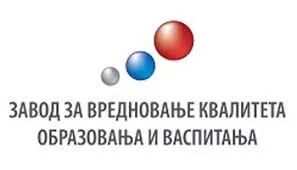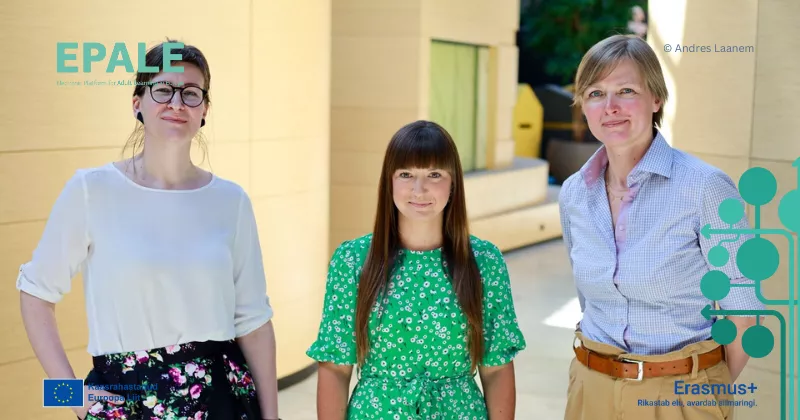Teacher training: Formative assessment in an online environment (Serbia)


As a consequence of the pandemic, school lessons were transposed to an online environment in 2020. As this change happened "overnight", teachers found themselves in a situation where they also had to acquire digital skills "overnight" in order to meet their teaching goals and outcomes. One important aspect of teaching is certainly assessment and having to assess students in an online environment proved to be challenging.
As school lessons now had to take place online, the Ministry of Education, Science and Technological Development of the Republic of Serbia announced that formative assessment should be implemented. However, summative, numeric assessment was in place before the pandemic. Formative assessment required both students and teachers to use different platforms and networks that supported interactive, daily communication and allowed teachers to gather sufficient information on student progress. There is a number of platforms that enable quality formative assessment, e.g. Skype, Zoom, GoogleClassroom, MicrosoftTeams, FlipGrid, Wakelet, Padlet, Kahoot, Mentimeter, etc.
To allow teachers to easily master formative assessment in a digital environment, the Institute for Education Quality and Evaluation addressed their new needs, as much as their capacities allowed. One of the steps included creating training sessions for teachers that would empower them and help them assess their students online. The training session was listed as a priority in the domain of improvement of digital competencies and the use of ICT in teaching. This training session aims to help teachers with formative assessment in an online environment. Specific goals of this training session include helping teachers use digital tools, techniques and materials. Furthermore, the aim is to gather information on the use of digital tools through activities in a community of practitioners.

The training session was divided into several parts. One part took place online, using Moodle, and the rest took place in onsite workshops where teachers worked together and shared their experience on the use of digital tools in teaching and the specific use of such tools in assessment.
As a leader of the training session that took place in the Elementary and Secondary School with Dormitory "Petro Kuzmjak", I had firsthand experience with the situation and I knew how valuable such training sessions were. Even though we can say that teachers are digitally literate, there are still doubts on how technology can be used in teaching and assessment. This was an opportunity for teachers to talk about tools they use, their strengths and weaknesses.
Teachers mostly use Google classroom for formative assessment and student evaluation. Extensions such as Google Meet enable them to create virtual meetings with their students. Tests can be designed in Google Classroom and results are quickly processed and analysed. Teachers highlighted the fact that other tools needed to be used as well so as to achieve individualised questions and answers, as students sometimes tend to cheat on generic tests. FlipGrid was offered as one of the solutions (students post their answers in the form of short videos) or Padlet, where students post their answers on a virtual board.
The transition to online teaching has created many doubts about the teaching process. However, this is also an opportunity for teaching to move in a direction that equally benefits teachers and students. Let’s hope we won’t miss this opportunity to use a digital environment to lay a solid educational foundation at all levels.




